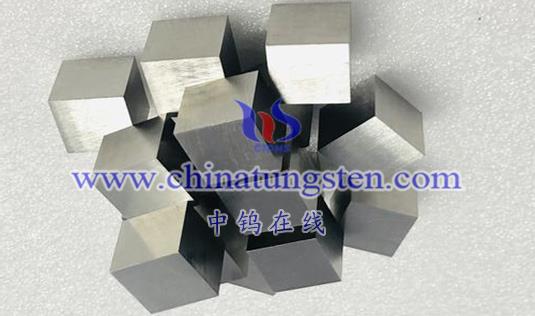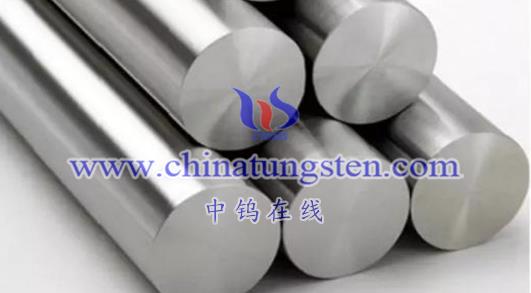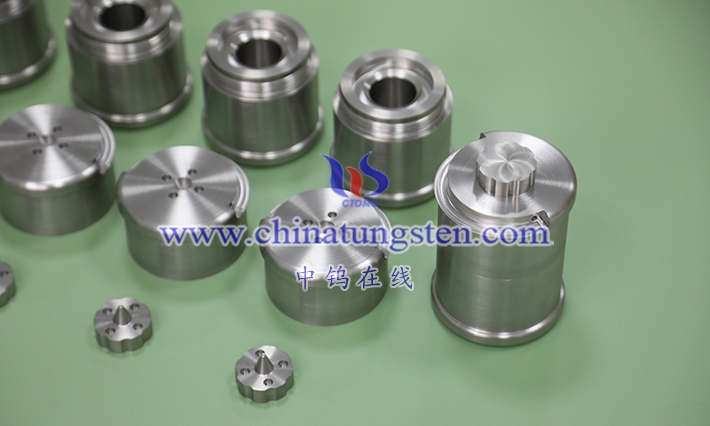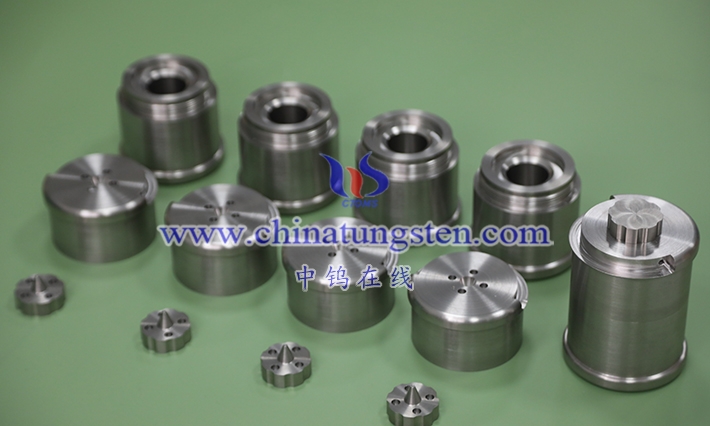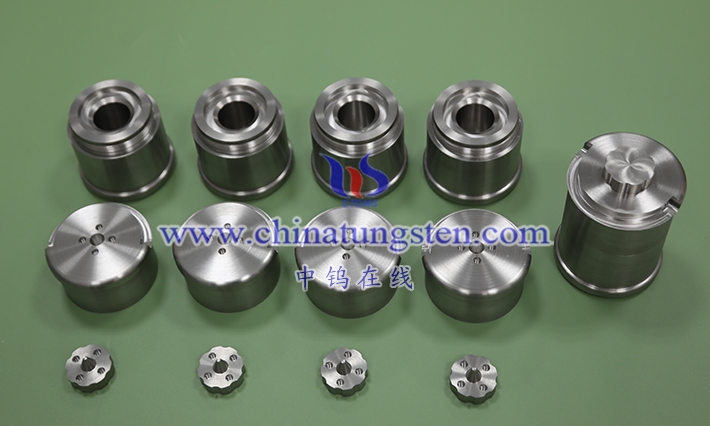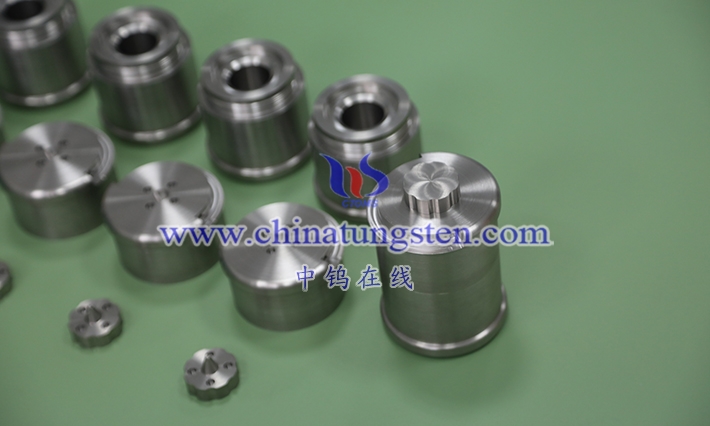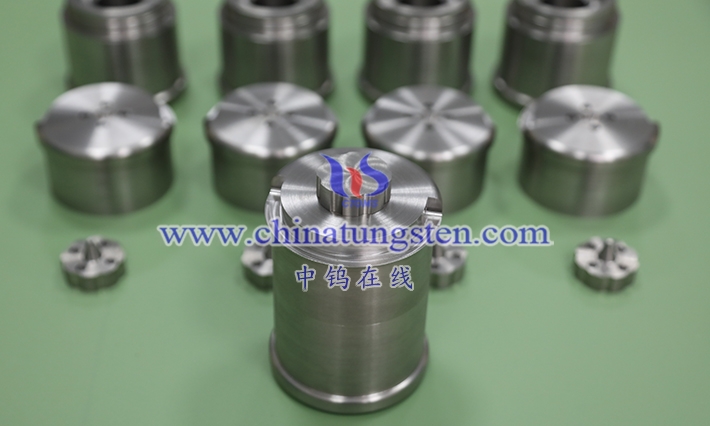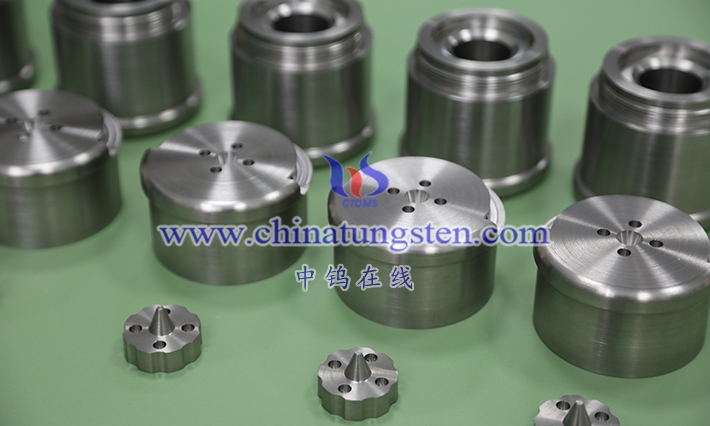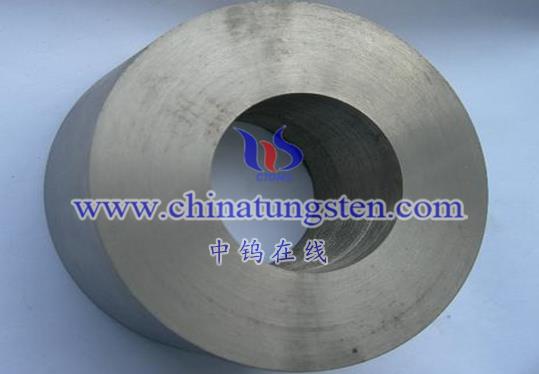
High-density tungsten alloys possess several important physical properties that are critical to their success in a variety of applications. The following are the main physical properties of high-density tungsten alloy:
1. High density: The density of high-density tungsten alloy is usually between 16.5 grams per cubic centimeter (g/cm³) and 18.5 grams per cubic centimeter. It has a very high density, which is the origin of its name. The high density makes it ideal for increasing component mass and inertia.
2. Hardness: High-density tungsten alloys typically have high hardness, which makes them excellent in cutting, wear and scraping applications. Its hardness is similar to carbide.
3. Strength: The alloy generally has high tensile strength and yield strength, which gives it excellent performance in high load and high pressure environments.
4. Melting point: High-density tungsten alloy has a very high melting point, about 3,422 degrees Celsius (6,192 degrees Fahrenheit), which makes it excellent in high-temperature applications, such as high-temperature industrial equipment and spacecraft parts.
5. Electrical conductivity: Although not as good as copper and other excellent conductors, high-density tungsten alloy still has relatively good electrical conductivity, which makes it used in the electronics industry for electronic contact materials and electronic electrodes.
6. Thermal conductivity: The alloy still has good thermal conductivity at high temperatures and is suitable for high-temperature heat transfer applications, such as high-temperature furnaces.
7. Linear expansion coefficient: The linear expansion coefficient of high-density tungsten alloy is lower than other materials, which makes it more stable under high temperature conditions.
8. Thermoelectric properties: The thermoelectric properties of high-density tungsten alloys make them suitable for some thermoelectric applications, such as materials used in thermoelectric generators and thermopiles.
9. Radiation shielding: Due to its high density, high-density tungsten alloy is used for radiation shielding and can reduce the impact of radiation, so it is widely used in medical equipment and nuclear engineering.
10. Magnetism: High-density tungsten alloys are generally non-magnetic, which is an important feature in certain applications, especially in scientific experiments and equipment that require non-magnetic materials.
These physical properties make high-density tungsten alloys widely used in a variety of fields, including aerospace, medical, nuclear engineering, high-temperature industry and electronics. Selecting the appropriate high-density tungsten alloy type and shape depends on the requirements and performance criteria of the specific application.
More details of tungsten alloy product, please visit website: http://tungsten-alloy.com/
Please contact CHINATUNGSTEN for inquiry and order of tungsten carbide:
Email: sales@chinatungsten.com
Tel.: 86 592 5129595
